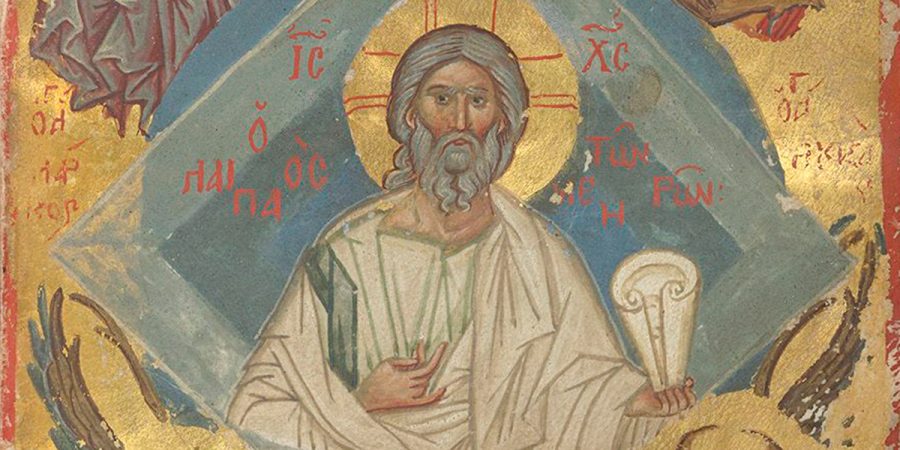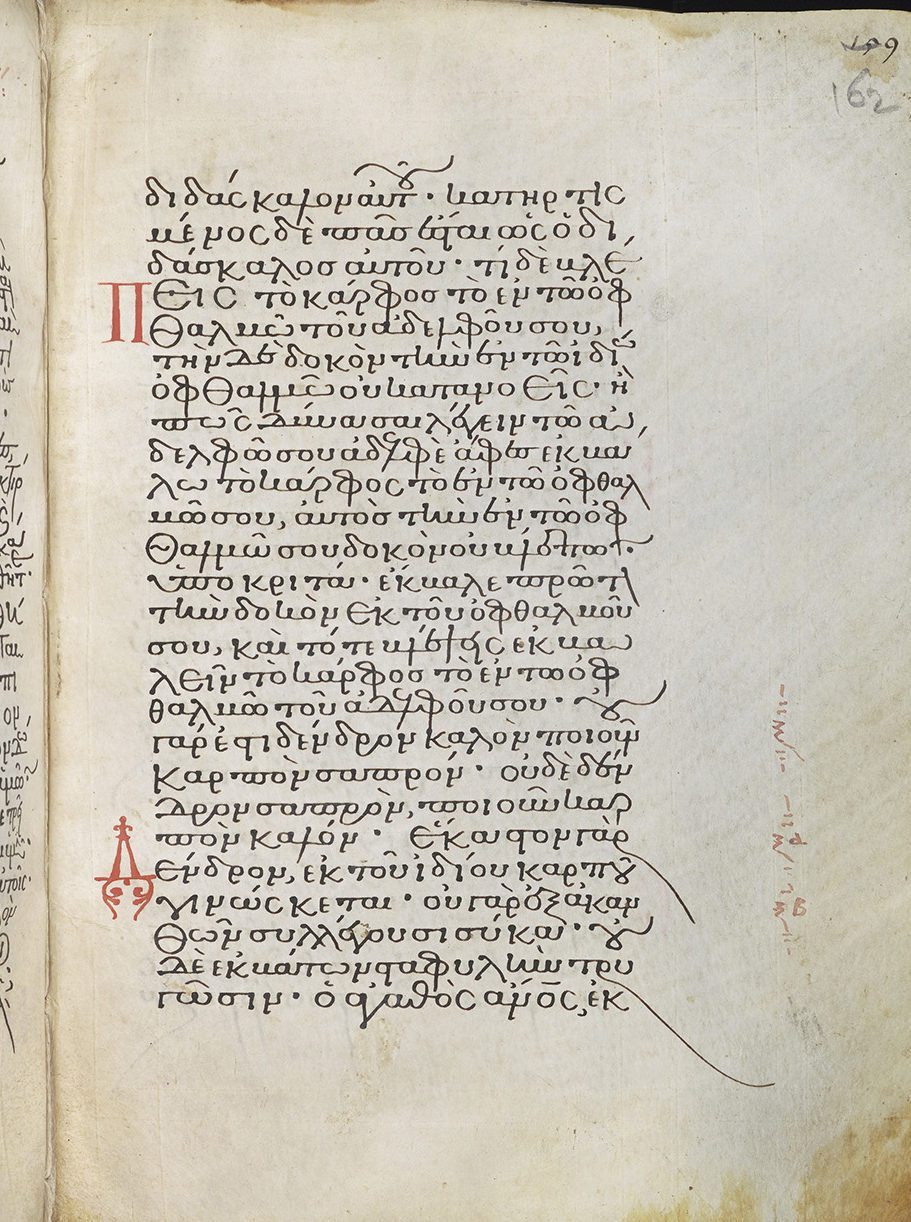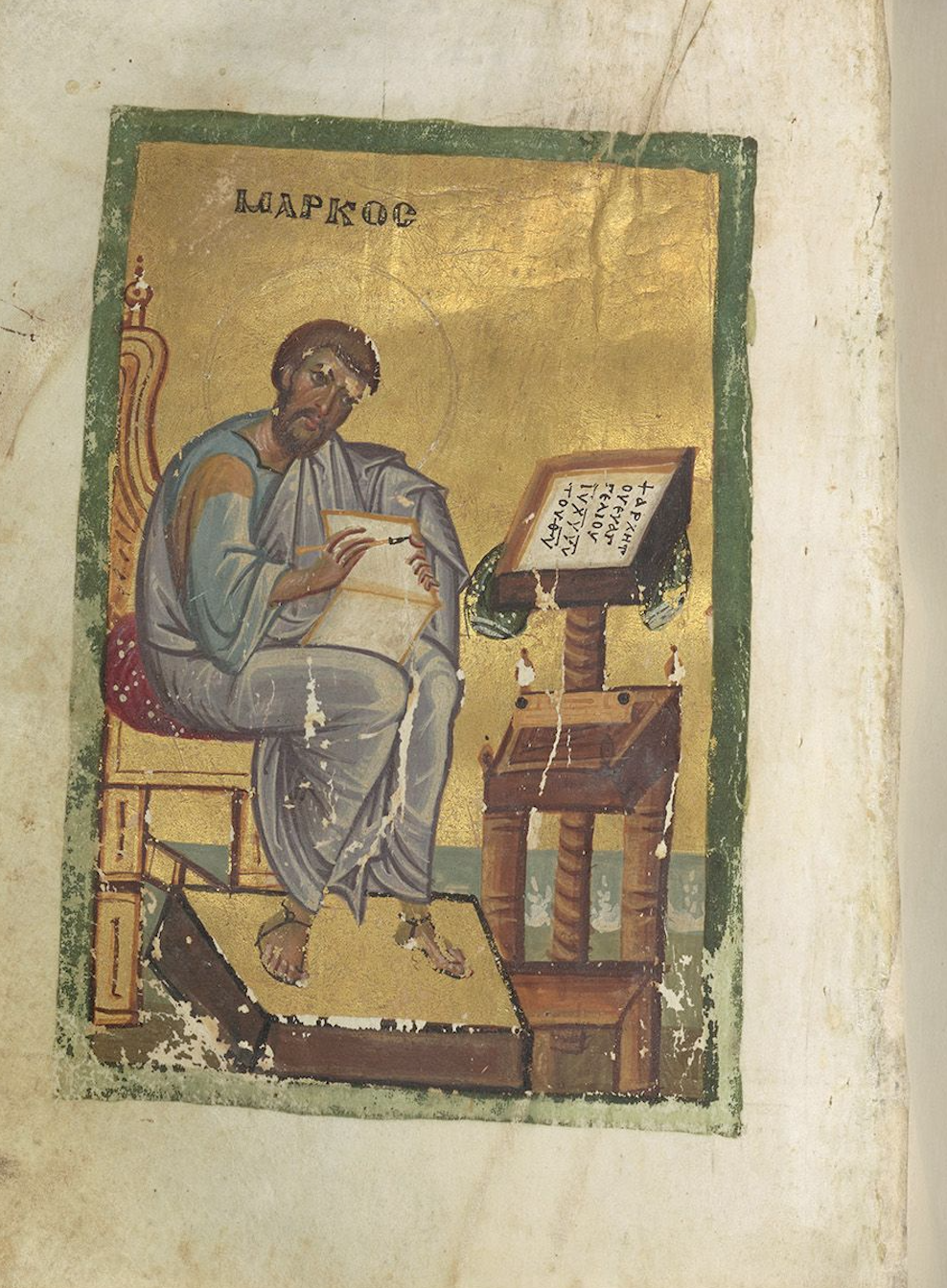
Western civilization may fast be going digital, but it still retains its roots in Ancient Greece. And so it makes a certain circle-closing sense to digitize the legacy left us by our Ancient Greek forebears and the medieval scholars who preserved it.
Cambridge and Heidelberg, two of Europe's oldest universities, this month announced their joint intention to embark upon just such a project. It will take two years and cost £1.6 million, reports the BBC, but it will digitize "more than 800 volumes featuring the works of Plato and Aristotle, among others." As the announcement of the project puts it, the texts will then "join the works of Charles Darwin, Isaac Newton, Stephen Hawking and Alfred Lord Tennyson on the Cambridge Digital Library."
Cambridge and Heidelberg, two of Europe's oldest universities, this month announced their joint intention to embark upon just such a project. It will take two years and cost £1.6 million, reports the BBC, but it will digitize "more than 800 volumes featuring the works of Plato and Aristotle, among others." As the announcement of the project puts it, the texts will then "join the works of Charles Darwin, Isaac Newton, Stephen Hawking and Alfred Lord Tennyson on the Cambridge Digital Library."

These medieval and early modern Greek manuscripts, which date more specifically "from the early Christian period to the early modern era (about 1500 - 1700 AD)," present their digitizers with certain challenges, not least the "fragile state" of their medieval binding.
But as Heidelberg University Library director Dr. Veit Probst says in the announcement, “Numerous discoveries await. We still lack detailed knowledge about the production and provenance of these books, about the identities and activities of their scribes, their artists and their owners – and have yet to uncover how they were studied and used, both during the medieval period and in the centuries beyond." And from threads including "the annotations and marginalia in the original manuscripts" a "rich tapestry of Greek scholarship will be woven."
But as Heidelberg University Library director Dr. Veit Probst says in the announcement, “Numerous discoveries await. We still lack detailed knowledge about the production and provenance of these books, about the identities and activities of their scribes, their artists and their owners – and have yet to uncover how they were studied and used, both during the medieval period and in the centuries beyond." And from threads including "the annotations and marginalia in the original manuscripts" a "rich tapestry of Greek scholarship will be woven."

This massive undertaking involves not just Cambridge and Heidelberg but the Vatican as well. Together Heidelberg University and the Vatican possess the entirety of the Bibliotheca Palatina, split between the libraries of the two institutions, and the digitization of the "mother of all medieval libraries" previously featured here on Open Culture, is a part of the project.
This collected wealth of texts includes not just the work of Plato, Aristotle, and Homer as they were "copied and recopied throughout the medieval period," in the words of Cambridge University Library Keeper of Rare Books and Early Manuscripts Dr. Suzanne Paul, but a great many other "multilingual, multicultural, multifarious works, that cross borders, disciplines and the centuries" as well. And with luck, their digital copies will stick around for centuries of Western civilization to come.
This collected wealth of texts includes not just the work of Plato, Aristotle, and Homer as they were "copied and recopied throughout the medieval period," in the words of Cambridge University Library Keeper of Rare Books and Early Manuscripts Dr. Suzanne Paul, but a great many other "multilingual, multicultural, multifarious works, that cross borders, disciplines and the centuries" as well. And with luck, their digital copies will stick around for centuries of Western civilization to come.
Related Content:
Based in Seoul, Colin Marshall writes and broadcasts on cities, language, and culture. His projects include the book The Stateless City: a Walk through 21st-Century Los Angeles and the video series The City in Cinema. Follow him on Twitter at @colinmarshall or on Facebook.
No comments:
Post a Comment